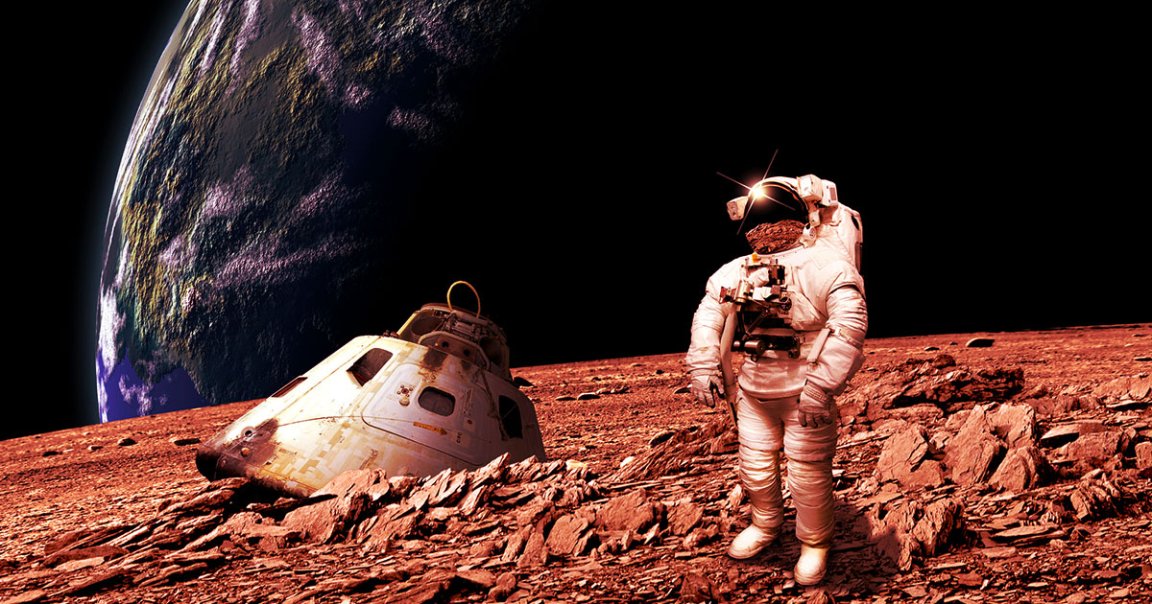
The internet is filled up to the brim with misleading information, crazy conspiracy theories, and outlandish “facts” that are completely made up — even in the realm of space.
In a fantastic interview with Science, cosmologist and busy Twitter user Katie Mack laid out some of the weirdest and dumbest false beliefs about space that she’s come across.
In many ways, it’s evidence that people believe will just about anything they hear. But the interview also points to a much larger issue: convincing people that their beliefs are incorrect is astonishingly difficult.
“There’s this one I see all the time, which is the idea that there’s some giant void in space, and here’s a picture of it, and it’s sort of a black smudge on space,” Mack told Science. “[But] that’s not a void. It’s a molecular cloud [a hazy formation of dust where stars are born].”
It gets a lot more eccentric than that, too.
“There have been a couple of claims going around about the idea that on a certain date, Mars is going to appear as big as the Moon in the sky,” the cosmologist told Science. “One went around a while ago that there was going to be an alignment of planets that was going to change gravity on Earth. It was going to briefly make us all lighter.”
Needless to say, that’s all nonsense. All Mack can do is file all the weird claims that show up in her email inbox in a folder called “independent theorists.”
But such claims, while on the face hilarious and entertainingly dumb, point at a much broader problem: distrust in science, seeded by uninformed or misinformed who often band together as conspiracy theorists.
“That’s one of the things that ends up being really dangerous about blindly accepting that some people just don’t believe in gravity,” Mack told Science. “If you get invested enough in that [falsehood], you have to go to a point where you’re believing a genuine conspiracy theory.”
People online simply don’t take the extra step of evaluating the image or video they’re sharing on social media, whether that’s due to a lack of research skills or simply not caring, according to the researcher.
Mack told Science that she’s more or less given up on debunking wild claims she sees online and is more focused on sharing “the real information” in a “nonjudgmental way.”
It’s an admirable approach to dealing with disinformation online. Rather than calling conspiracy theorists out for being stupid, finding a common ground and explaining scientific fact in a non-condescending way is reasonable response.
And it may just be enough to convince some nonbelievers that gravity is indeed real.
READ MORE: The dark side of online space disinformation [Science]
More on disinformation: Joe Rogan Ridiculed for Astonishingly Stupid Climate Change Interview